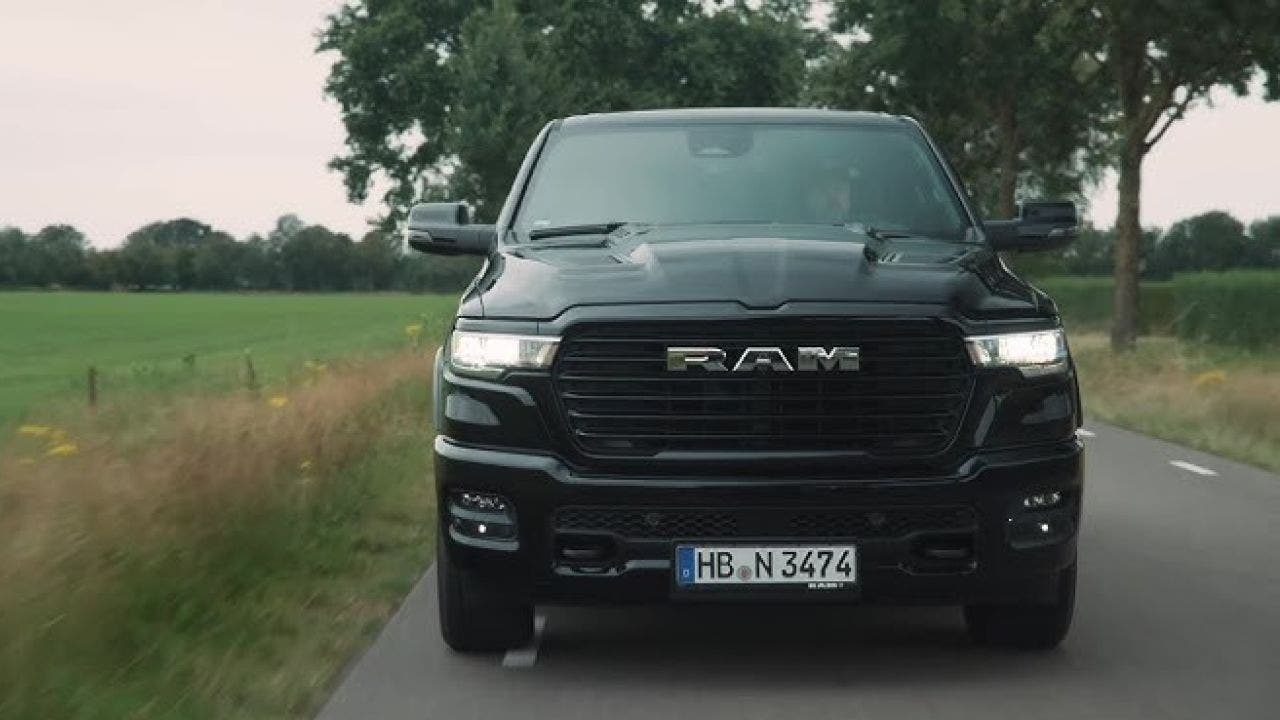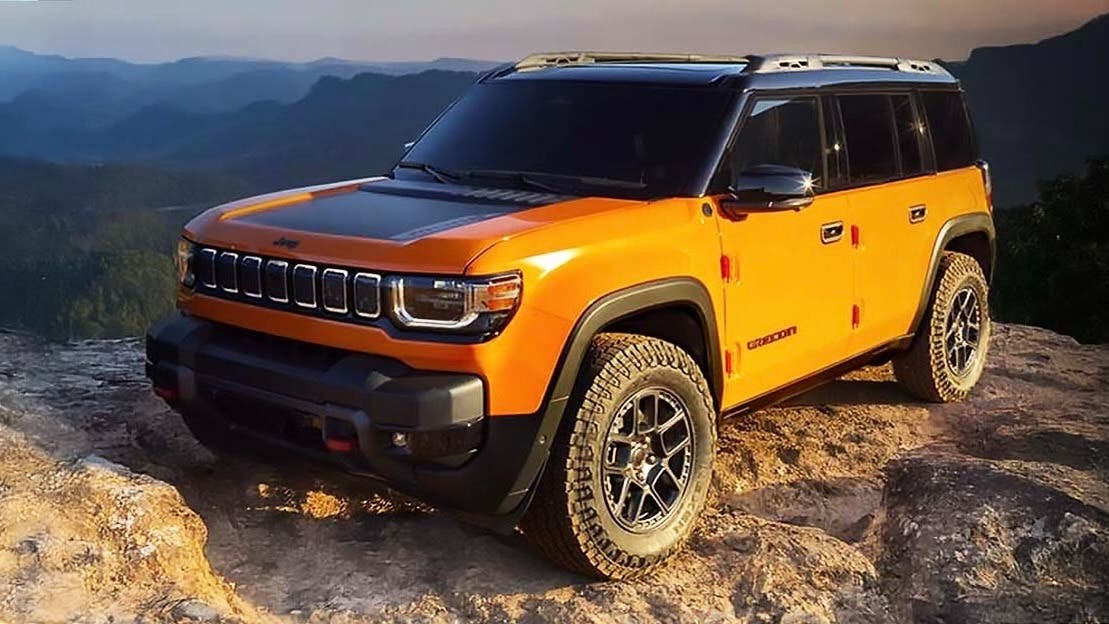Last Friday, Ram unexpectedly announced the cancellation of the 1500 REV, the full-electric pickup that was originally slated to debut at the end of 2024. After several delays, the decision was attributed to weakening demand for large EVs in North America, a market already proving difficult for rivals like the Chevrolet Silverado EV, Ford F-150 Lightning, and Tesla Cybertruck. The move marks a shift in Stellantis’ strategy for battery-powered large vehicles.
Ram cancels 1500 REV, casting doubts on Jeep Recon EV’s future

Attention in the U.S. now turns to the fate of the Jeep Recon EV, the much-anticipated electric off-roader expected by the end of this year. The outlook isn’t promising: the precedent set by the Wagoneer S, which sold just 6,263 units in the first half of 2025, compared to more than 21,000 Mustang Mach-Es in the same period, does not bode well. To clear inventory, Jeep was forced to resort to heavy discounts.
The situation is further complicated by the end of the federal $7,500 EV tax credit on September 30. With the Recon scheduled to debut immediately afterward, the timing seems unfavorable and could further dampen demand.

From a technical perspective, the model is expected to share its platform and powertrains with the Wagoneer S, while offering a more off-road-focused identity thanks to the Trail Rated Moab edition. This package includes Selec-Terrain, electronic axle locking, skid plates, and dedicated off-road tires. Additional features include removable doors, a one-touch power roof, and a 100.5 kWh battery pack paired with dual-motor all-wheel drive delivering around 600 hp and an estimated range of about 300 miles.
Despite these credentials, the Jeep Recon’s commercial future remains uncertain. Without incentives and in a market increasingly wary of large EVs, Stellantis may be forced to reconsider its plans, just as it did with the 1500 REV.
